The bike industry is booming. In the Netherlands, life without a bicycle is already unthinkable, and many retailers benefited in 2020 due to a surge in demand.
However, owning a bicycle is just the beginning. The Dutch definitely have an unwritten code when it comes to cycling.
So the real question is this: are you doing it correctly? Are you cycling like a Nederlander, yet?
If not, here are some easy tips to get you pedalling like a native in no time.
Cruise like a Dutch e-bike user
The main misconception with e-bikes is that although the regular version assists you up to 25 km/h (speed pedelecs up to 45 km/h), it doesn’t necessarily mean you’ll be going faster.
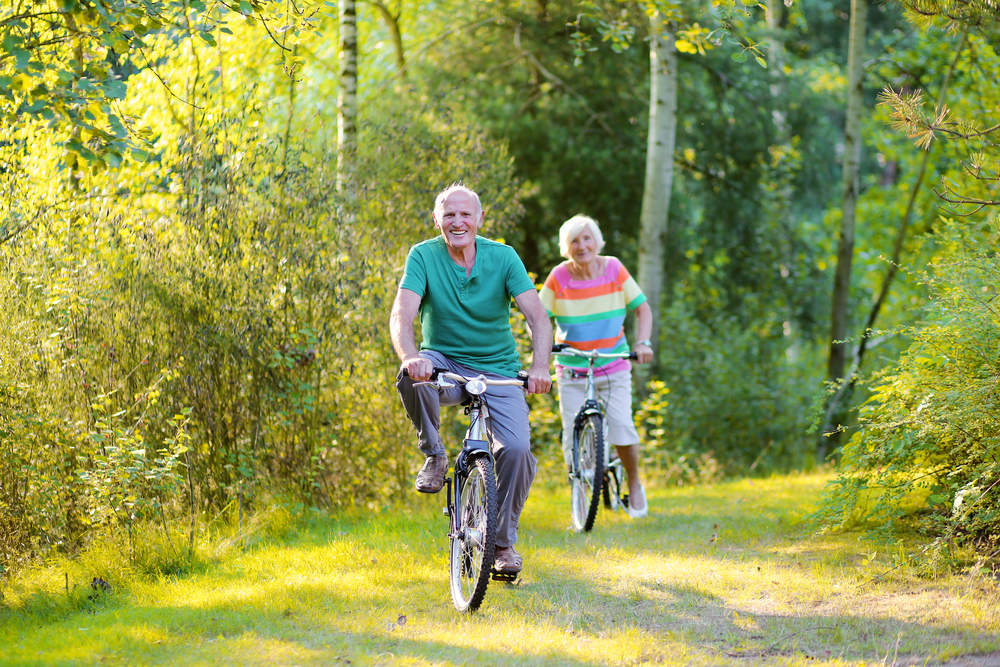
In reality, cycling like a Dutchie means you’ll find it is best practice to go unbearably slow to the point where it’s almost harder to keep your balance.
READ MORE | 7 things you need to know when buying a refurbished e-bike
Here are some additional points to keep in mind:
- take up the whole cycle path (especially in pairs);
- buy a mirror that is attached to your handlebars and that you have no intention of ever using;
- under no circumstances check behind you, signal, or give other people the right of way — or better yet, don’t even look ahead of you, look to the side and point at a bird or something;
- have the turning circle of a lorry.
For extra style points: Perform the Gazelle mount. This is where an e-bike owner uses the pedal to hoist themselves up onto the seat as if they were climbing up onto an unruly stallion.
One foot is placed on the pedal while the other pushes off the ground, causing the bike to begin its unsteady, juggernaut-esque forward motion.
Remember, don’t look behind you before attempting this, and preferably swerve dangerously in the direction of other cycle path users.
The trick is to let others know that you have no control over your heavy bike.
Remember: weight limits are subjective
If you take a closer look at your bagagedrager (pannier rack), many recommend a weight limit of just 25 kilograms.
Similarly, many wheels actually have weight limits of around 125 kilograms.
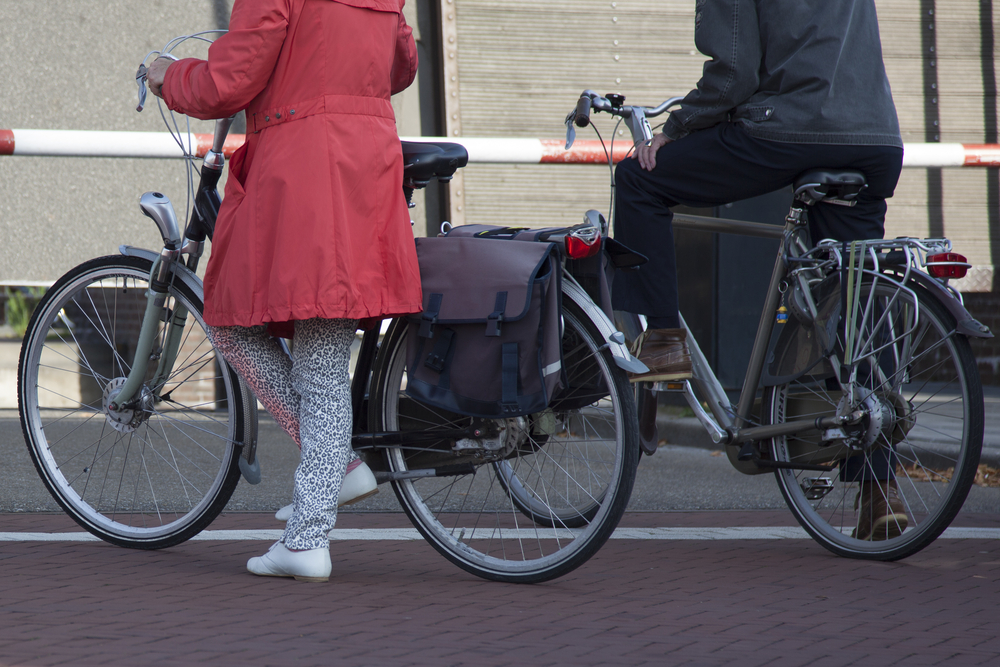
But don’t worry, these are obviously subjective. The natives carry their friends on the back all the time and they are fine, which is all the evidence that you will ever need.
READ MORE | 24 TikToks explaining why the Dutch are ahead of their time with bikes
For extra style points: parents with young children have a wonderful opportunity to really embrace Dutch life.
You can get yourself a front rack with a basket, a front baby seat attached just under the handlebars (with an additional windscreen to protect your baby and impair your vision), another child seat on the pannier rack, and perhaps a big bag or two for your shopping.
The trick is to make it as heavy and unsafe as possible! 😉
First rule of bike maintenance: don’t bother
Your bicycle probably didn’t cost much to begin with, so that voids pretty much all the necessity for bike maintenance.
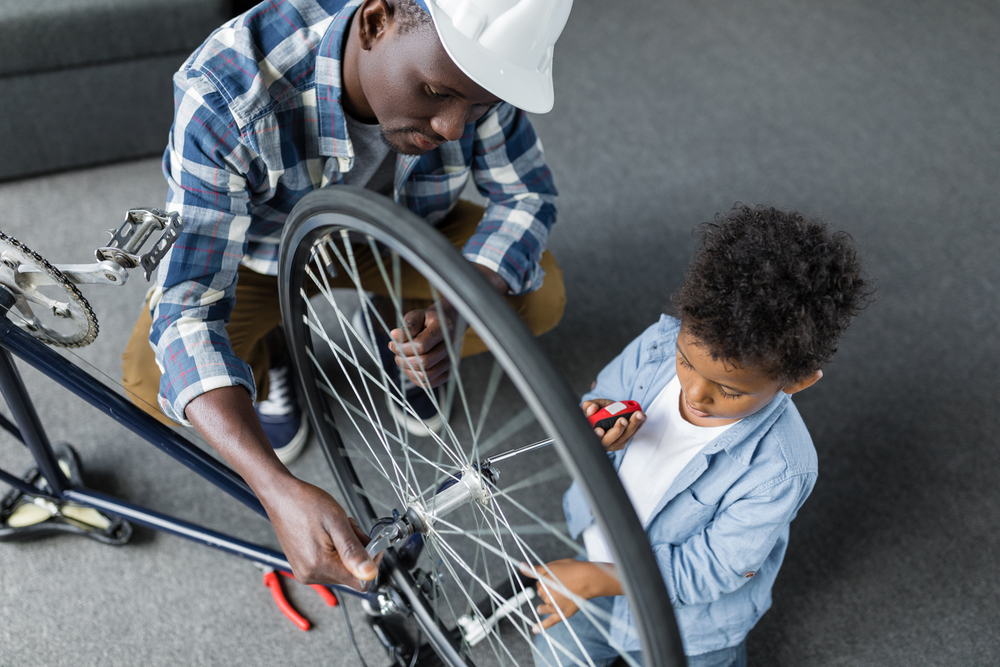
Is your chain so rusty and loose that it impairs performance and could snap at any moment? Are the tires so soft you have a higher risk for punctures?
Listen, if you can still get from A to B, then that’s all that matters. Don’t complicate your life.
For extra style points: if you’re aware that your wheels are not wonky and are feeling somewhat self-conscious about it, then don’t worry.
Next time you have your bike parked in a stand, give your wheel(s) a good kick. Combine it with a wonky, loose mudguard for additional authenticity.
Traffic light blindness is a thing
It goes without saying that if the traffic light is red: stop.
However, don’t be surprised to see natives suffering from temporary colour blindness and mistaking all colours for green.
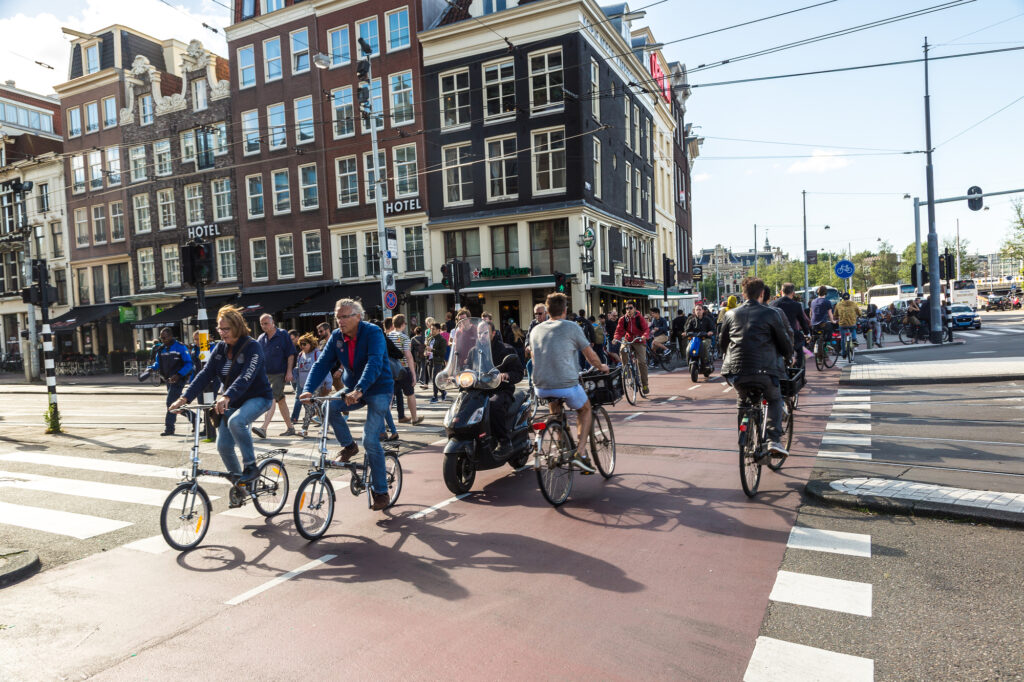
Years of interpreting traffic laws to suit their own personal situation have left the Dutch very capable of not getting hit by an oncoming car whilst breaking the law.
READ MORE | Dos and don’ts of riding a bicycle in the Netherlands
But this is a cultural trend we recommend you simply observe and absolutely do not copy.
For extra style points: to most people, traffic lights have three colours — green, orange, and red. But did you know that many Nederlanders can only see three shades of green?
Green-green means go, orange-green means go but hurry up, red-green means go but be wary that cars will probably be coming your way (and be very angry).
Parking your bike
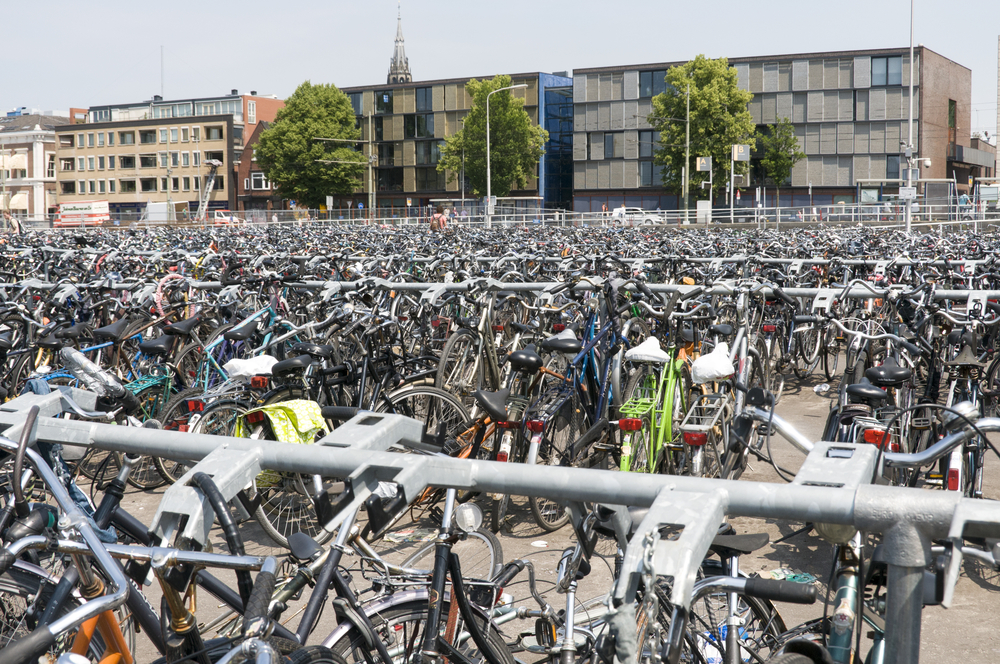
This one is easy. Unless the pesky gemeente starts intervening and takes your bike away, you have more or less free reign to park your two-wheeled amigo wherever you find necessary and convenient to you.
READ MORE | Take it from a former thief: this is how you can prevent your bike from being stolen
Chances are it will probably get stolen anyway.
For extra style points: Park your bike in front of a window with a sign asking you NOT to park any bikes there.
It’s important to let people know that you are in charge of your own decisions, and won’t be told what to do.
If you follow all these cycling tips, you’ll be looking like a pro in no time!
What’s your top tip to cycle like a native Dutchie? Tell us in the comments below!







I will assume this article was written tongue in cheek.
After over 35 years of visiting the Netherlands, I have always been impressed with the graceful flow of the omnipresent swarms of cyclists.
I will admit that if there are rules for parking I haven’t discerned them .
Klootzaken passive-aggressive cyclists break the law with impunity all day long here. Don´t ever point out to a klootzak cylcist they are riding on the footpath, a ped-only area, through a crosswalk or red light. They will tell you to eff-off and go back to your own country. Not nice people these klootzaken.
A few years ago while visiting a freind in The Jourdan, we were taxiing and the driver called bike riders the Iron Tulips, no doubt due to their numbers in traffic. And, he didn’t use the term in a good sense. Toodles to Hennie!! Will be over in the fall if the current virus is under control.
In winter, don’t wear gloves. Gloves are for wussies. And foreigners. This is not Siberia. Just stick your hands into your armpits.
What do you mean, you cannot ride a bike with no hands? What have hands to do with bike riding?
For added style points: stick your hands into your pockets. You aren’t wearing a helmet, are you? What are you then, a Swede?